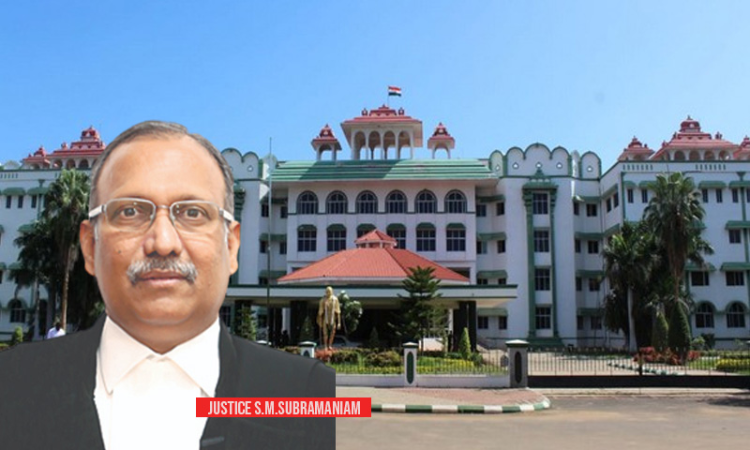Uncondonable Delay Cannot Be Condoned In A Routine Manner: Madras High Court
Upasana Sajeev
1 April 2022 8:33 PM IST

Next Story
1 April 2022 8:33 PM IST
The Madras High Court has held that the Law of Limitation is substantive and that the litigations and appeals are to be filed within the period of limitation as contemplated under the Statutes. Justice S.M Subramaniam of the Madurai Bench was hearing a petition filed under Order XLI Rule 3A of the Code of Civil Procedure to condone the delay of 2575 days in filing the appeal. "Rule...
